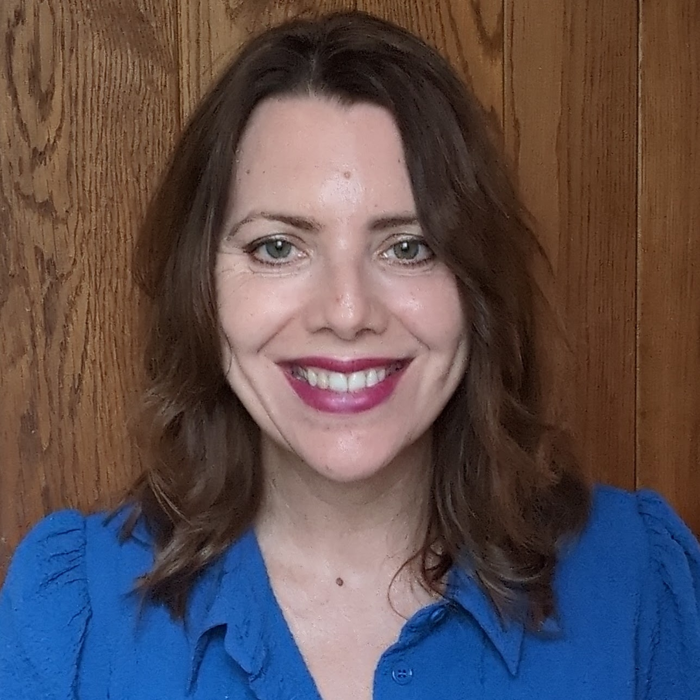Using Acoustic Registration to Train Range, Laryngeal Registration, and Passaggi
Friday 17th October 2025, 5:00 PM - 7:00 PM (London Time)
There are acoustic vocal registers as well as laryngeal registers. Acoustic registers correspond to the historic Italian categories translated by this author as: voce chiusa (close timbre), voce aperta (open timbre), and voce piena di testa (roughly equivalent to whoop timbre). There are additional, lower levels of acoustic registration within open timbre. The physical mechanism of acoustic registers is based on the relationship between the inherent harmonic set of the sung pitch and the first resonance of the vowel being sung. Since first resonances lie from just below the bottom to the top of the treble clef and vary per vowel by as much as an octave, the locations of acoustic register transitions also vary per vowel by as much as an octave. Fortunately, acoustic register locations and migrations are predictable by vowel and voice type. Vowel tone color, auditory roughness (buzziness), and locational somatosense necessarily migrate across range, especially at acoustic register transitions. Knowledge and awareness of the timbral and somatosensory migrations of vowels at each acoustic register change is useful in training efficient range negotiation and forms a productive basis for strategies that address transitions through passaggi. Levels of registration that occur within open timbre lie in the bass clef and provide useful “training wheels” experiences at easier pitches for non-treble voices, preparing them for the more challenging, higher transitions from open (aperta) to close (chiusa) timbre that lie between the clefs. Clarifying the sound and sensation migrations of the transition from close timbre into whoop timbre, most of which occur in the top half of the treble clef, is similarly useful for training upper range success of treble voices. This talk will chart, describe, and play examples of these transitions, and offer pedagogic approaches that facilitate their training. (Given the complexity of this topic and the need for multiple video examples, this is best done with a 45-minute slot in order to include a longer Q & A).
🏷️ Price £30 (UK VAT inclusive)
🎥 Recording automatically sent to all who book (even if you cannot attend live)
▶️ Rewatch as many times as you like
📜 Certificate of attendance available
Ken Bozeman
Kenneth Bozeman, BM, MM,Professor Emeritus of Music, taught at Lawrence University for 42 years where he chaired the voice department and from...

Attend this course for as little as £22 as part of the Voice Professional Training CPD Award Scheme.
Learn MoreSorry, this is an archived short course...
We have plenty of upcoming short courses coming soon. See details of some of them below or look at the full list of short courses.

Tuesday 13th January 2026
5:00 PM - 6:30 PM
Tuesday 20th January 2026
5:00 PM - 6:30 PM
Tuesday 27th January 2026
5:00 PM - 6:30 PM
Tuesday 3rd February 2026
5:00 PM - 6:30 PM
Tuesday 10th February 2026
5:00 PM - 6:30 PM
(London Time)
Introduction to Postgraduate Academic Skills - Join Live!

Debbie Winter
Are you ready to elevate your academic journey? Hosted by our very own Debbie Winter, join our comprehensive Introduction to Academic Skills course, designed to equip you with essential tools and strategies for success in higher education. Perfect for bridging the gap between undergraduate and postgraduate study, this course offers a pathway to our full MA for students without an existing degree. We offer both live, interactive sessions and standalone, pre-recorded content.

Thursday 15th January 2026
5:00 PM - 7:00 PM
Thursday 22nd January 2026
5:00 PM - 7:00 PM
Thursday 29th January 2026
5:00 PM - 7:00 PM
Thursday 5th February 2026
5:00 PM - 7:00 PM
Thursday 12th February 2026
5:00 PM - 7:00 PM
(London Time)
Trauma-Sensitive Voice Professional Certificate with Dr Elisa Monti

Dr Elisa Monti
Updated for 2026, this five-part certificate course is designed to help participants learn the theory and practice of trauma-sensitive approaches. The concepts and activities included are tailored to meet the needs of voice specialists who want to acquire more specific tools to navigate the space with their students and colleagues.

Monday 9th February 2026
5:00 PM - 7:00 PM
(London Time)
Certificate in Applied Voice Pedagogy with Adam Roberts

Adam Roberts
Spring Immersive - live and interactive learning! This 12-week online programme is designed for voice professionals committed to deepening applied voice pedagogy skills and advancing professional practice. The course offers a rich environment to reflect on your teaching philosophy and develop applied pedagogical techniques. It is ideal for voice teachers, coaches, therapists, and performers seeking to bridge foundational knowledge with practical, student-centered applications.
